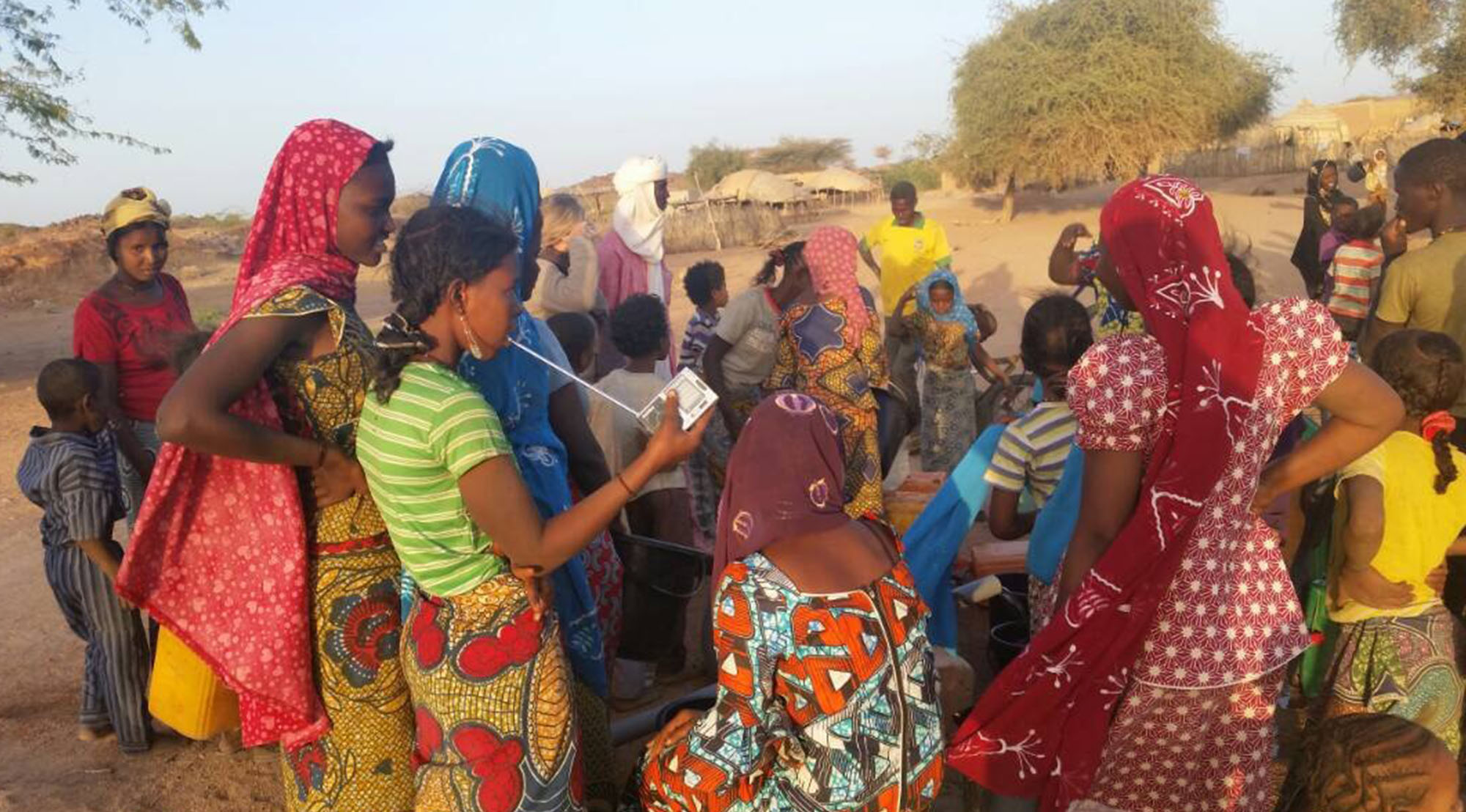In North, West and Central Africa, extreme violence is far from being on the wane. From Mali to Chad, Libya to the Central African Republic, armed groups continue to use radical violence despite the efforts of governments and communities to curb the problem.
The violence is mostly perpetrated by young people, both male and female – a fact which, in recent months, has prompted numerous researchers to try to understand why they engage in this behavior.
Poor future prospects (unemployment, stagnant development), protection of family assets, the need for security, the feeling of belonging to a group with a cause, the resurgence of unresolved past conflicts, the dangers of emigration, and religious indoctrination (religion is just one factor among many) are mentioned as the main reasons for joining these groups.
The studies also show that families are struggling to prevent the indoctrination and recruitment of young people. Abdication of parental responsibility prevents the transmission and acquisition of societal values. What can be done when a society is dominated by a solid patriarchy and an unscrupulous elite? What can be done in the coastal nations of West Africa when violent young union activists, bands of young armed citizens (who fund themselves by selling drugs) and unintegrated, unpaid demobilized combatants seem set to become potential targets for extremist groups? What can be done when years of violence of every kind and the attraction of easy money act as an incentive for the violence they are now steeped in?
For this reason, Switzerland’s Federal Department of Foreign Affairs has taken a particular interest in these issues in the last four years and has sought to give a voice to young people. Through Regional Conversations (which it supports and funds) held in the African subcontinent, political leaders, military and civilian personnel, traditional and religious leaders, and researchers discuss these issues with young people.
The conversations have shown that young people are key players in prevention and that their active participation in the long-term solutions proposed by governments or civil society is essential, though there is still little recognition of this.
The conversations have also highlighted the fact that there are already lots of initiatives in existence and that it is important for them to be understood and supported: whether in Mauritania (‘Je m’engage’ movement very active in the role of social therapy and setting up projects to get people into work), in Tunisia (‘Beder pour la Citoyenneté et le Développement Equitable’ and ‘Mobdiun’ associations, which promote the importance of culture for the social cohesion of young people), in Morocco (Sidi Moumen Cultural Center), in Chad (politics cafés and community radio), in Niger (community radio), or in Cameroon (young mothers engaged in the reintegration of former members of Boko Haram and the prevention of more departures), young people are mobilized and dialog has begun.
One core fact remains: these projects need to be multiplied. What’s required is not complicated: to facilitate the sharing of experiences and to secure recognition for the vitally important role of the dialog and participation that these young people aspire to.
And in the countries themselves, the involvement of young people in policies that concern them and the promotion of the principles of living together in all social contexts is required.
A future full of creativity, but one that still receives little support, is therefore in sight in Africa for the young people mobilizing to ensure it’s not a future of violence.


